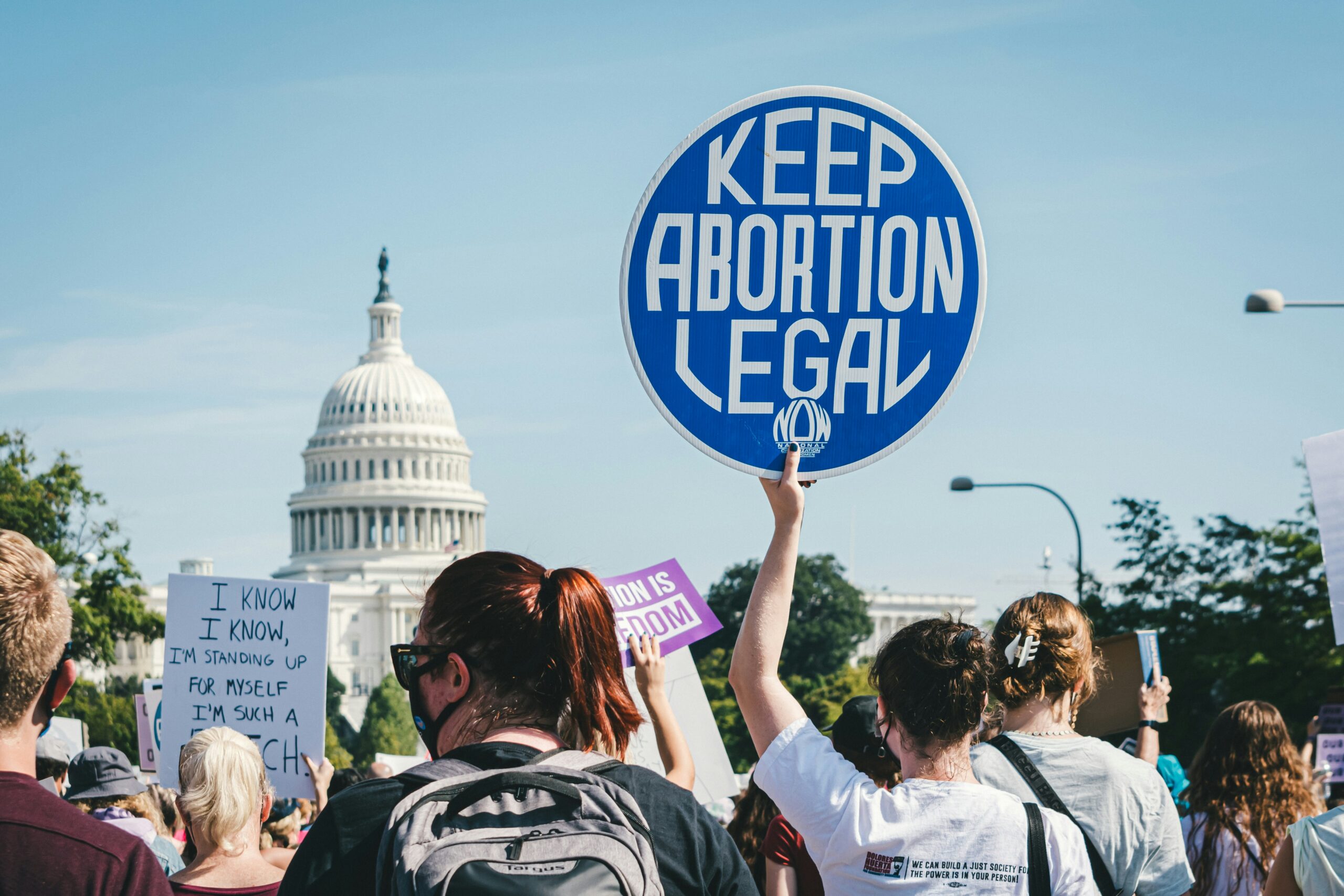Arizona House Advances Repeal of Near-Total Abortion Ban
The Arizona House of Representatives has taken a significant step towards repealing the state’s near-total ban on abortions. After facing mounting pressure from both Democrats and some Republicans, a proposed repeal of the ban was approved by the House on Wednesday. This move comes after weeks of intense debate and discussion surrounding the issue, which has been a focal point for former President Donald Trump’s campaign to return to the White House.
Repeal Gains Bipartisan Support
In a surprising turn of events, three Republicans joined forces with all 29 Democrats to support the repeal. The existing law, which dates back to before Arizona’s statehood, provides no exceptions for cases of rape or incest. If the repeal is approved by the Senate, Arizona would allow abortions up to 15 weeks. This decision comes as both Trump and U.S. Senate candidate Kari Lake, whose political ambitions have been jeopardized by widespread opposition to the near-total ban, urged Arizona lawmakers to ease the restrictions.
Republican Opposition and Democratic Condemnation
Until now, most state House Republicans had repeatedly used procedural votes to block the repeal, drawing condemnation from Democratic President Joe Biden. Biden has made his support for abortion rights a central theme of his reelection campaign. Democratic State Senator Priya Sundareshan of Tucson expressed her frustration, stating, “Make no mistake, Arizonans are living in 1864 now because Donald Trump dismantled Roe v. Wade.” This sentiment was echoed in a news conference organized by the Biden campaign and the Arizona Democratic Party.
Public Demonstrations and Political Pressure
Dozens of people gathered outside the state capitol building, carrying signs and wearing shirts expressing their opposition to abortion rights. Arizona Republicans have faced intense pressure from some conservatives within their base who staunchly support the abortion ban. However, this position has become a liability with swing voters who will play a crucial role in deciding key races, including the presidency, the U.S. Senate, and control of the legislature.
Supreme Court Ruling and Legal Implications
The Arizona Supreme Court previously ruled that the state could enforce a long-dormant law that only permits abortions to save the pregnant patient’s life. This ruling raised concerns that doctors could be prosecuted under a law that was first approved in 1864, carrying a sentence of two to five years in prison for anyone assisting in an abortion. The law had been blocked since the landmark 1973 Roe v. Wade decision, which guaranteed the constitutional right to an abortion nationwide. However, after the overturning of Roe v. Wade in June 2022, the ban was able to be enforced.
Planned Repeal and Future Legislation
If the proposed repeal is signed into law by Democratic Governor Katie Hobbs, a 2022 statute banning abortions after 15 weeks of pregnancy would become the prevailing abortion law in Arizona. Planned Parenthood officials have vowed to continue providing abortions for the limited time they remain legal and will strengthen networks to help patients travel out of state to places like New Mexico and California for access to abortion services. Looking ahead, abortion rights advocates have initiated a campaign to ask Arizona voters to create a constitutional right to abortion. The proposed constitutional amendment would guarantee abortion rights until a fetus could survive outside the womb, typically around 24 weeks. It would also allow for later abortions to protect the parent’s life or physical and mental health. In response, Republican lawmakers are considering putting forward competing abortion proposals on the November ballot, including codifying existing regulations, a disguised 15-week ban, and a prohibition on abortions after six weeks of pregnancy. As the debate continues, Arizona finds itself at the center of the national conversation surrounding abortion rights. The outcome of these legislative decisions will have far-reaching implications for the state and its residents, as well as potentially influencing the broader landscape of reproductive rights in the United States.

